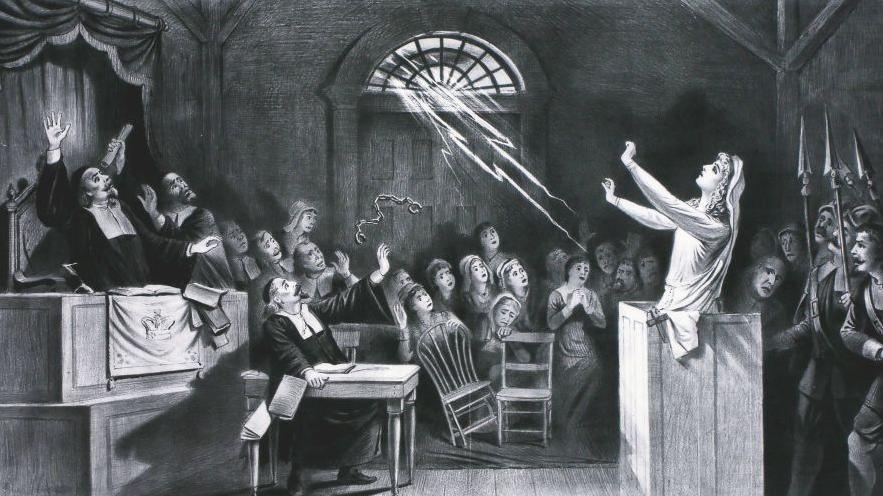A black fast to kill the king of England
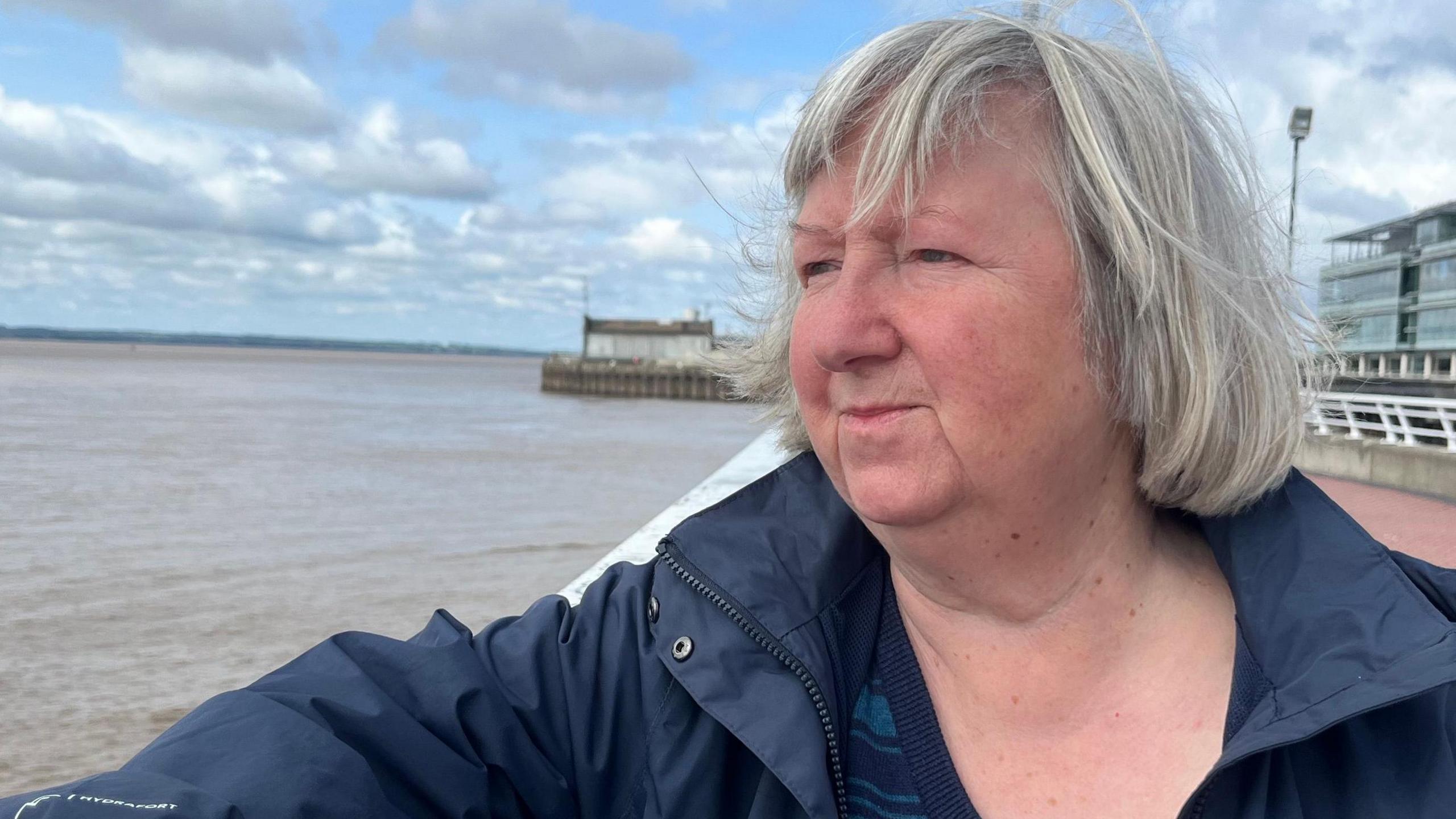
Historian Carol Osgerby says people around East Yorkshire were angry at Henry VIII
- Published
She was a poor widow and servant living in a remote, rural village, but Mabel Brigge tried to kill the king of England.
Almost 500 years ago, the 32-year-old mother of two staged a "black fast" in an attempt to assassinate Henry VIII and Thomas Howard, the Duke of Norfolk, by using what some believed to be a form of magic.
Or at least, that's how the story goes.
Mabel, from Holmpton, near the East Yorkshire coast, was arrested, interrogated and executed for treason.
But she may have been a pawn in a much larger game, with the very soul of the country at stake.
"It was illegal even to think, never mind to express, any thoughts of harm coming to the king, or any suggestion that he might one day die," says Carol Osgerby, a local historian, who spoke to the BBC's Hidden East Yorkshire podcast.
Carol explains how Mabel was accused of trying to kill the king
A black fast consisted of eating bread and drinking water only for one day a week for six weeks.
From what we know about Mabel, she appeared to believe that this could help her perform magic against others.
It appears she told people she had done this once in order to kill a man, who then broke his neck and died.
"She sort of led people to believe she had this wonderful power," says Carol.
In 1537, a local farmer, Isobel Buck, asked Mabel to perform a black fast, apparently to look for some lost money.
The request appears to have been considered harmless, as it was sanctioned by the local priest.
So how did it turn into a plot to kill the king?
Fear and anger
At the time, there was a lot of unrest about Henry VIII's decision to divorce his wife, break from the Catholic church and close down monasteries – a period known as the Reformation.
Monasteries were part of the fabric of English life, owning farms, employing local people and acting as a sort of social service of the day by supporting people in old age.
"Obviously the monks, the religious people, were very disturbed by it, but ordinary people were too," Carol says.
"People started to worry, well, if he's done that, he's created himself head of the church, what else is he going to do?
"Is he going to change things like holy days – holidays? Are we going to have to work more?"
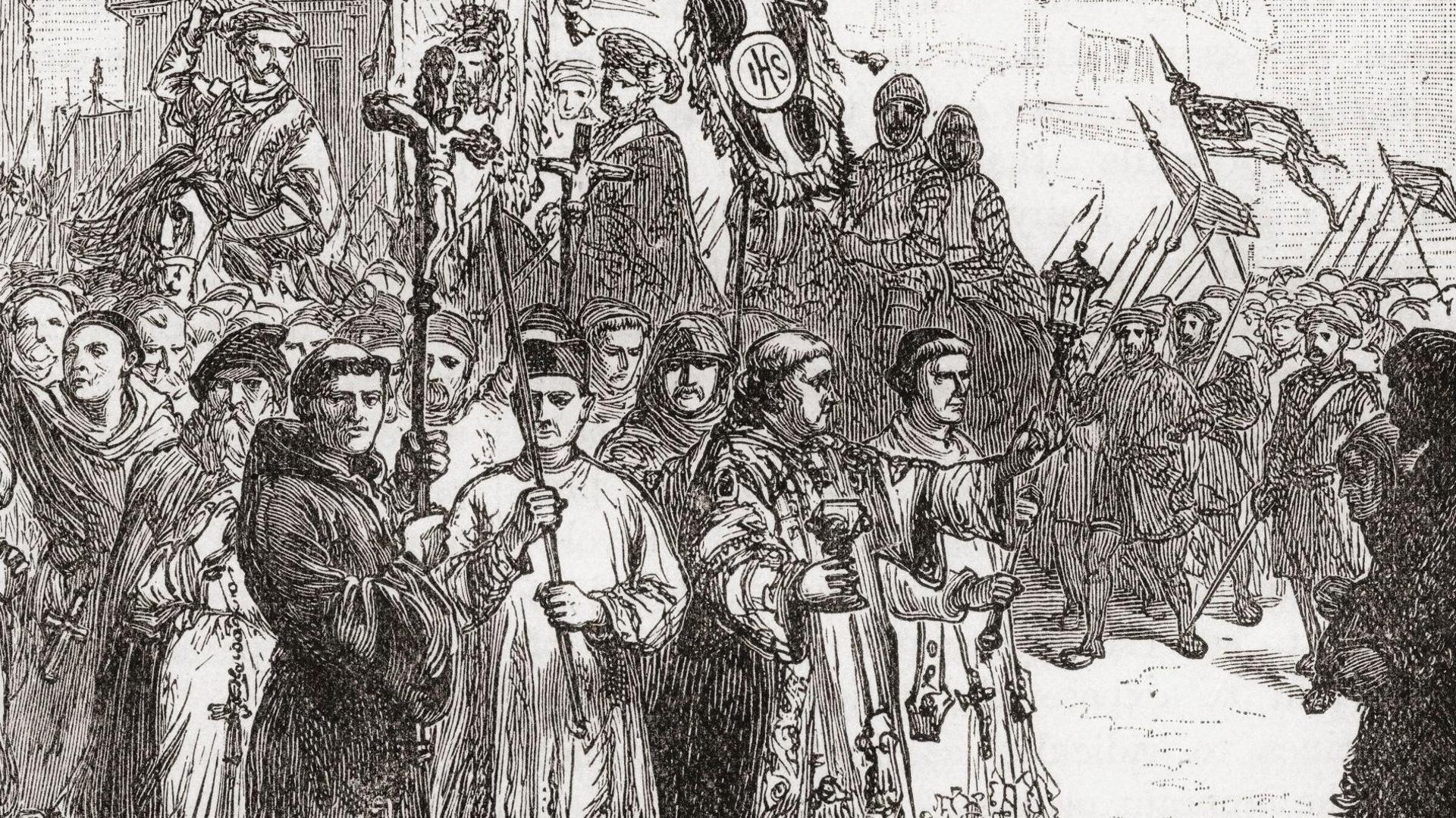
Armed men captured Hull during the Pilgrimage of Grace in 1536
In 1536, a revolt called the Pilgrimage of Grace broke out.
"Churches started to ring the bells and gather people in their parish together," Carol says.
Men from across East Yorkshire began to arm themselves and about 9,000 gathered on a hill in the small town of Market Weighton.
From there, one party marched on York and another on Hull, which they besieged and captured.
"That's quite an astonishing thing considering Charles I didn't manage that in the Civil War," Carol adds. "They basically just walked in and took the town."
When the revolt collapsed, some of the leaders were executed, but most of the ordinary people were allowed to go home.
"We know that Isobel Buck's husband, William, was on the pilgrimage and he was one of the people who went home.
"But they were very concerned that the Duke of Norfolk had a list of all those people who'd been involved. They were afraid."
And this is where Mabel comes in.
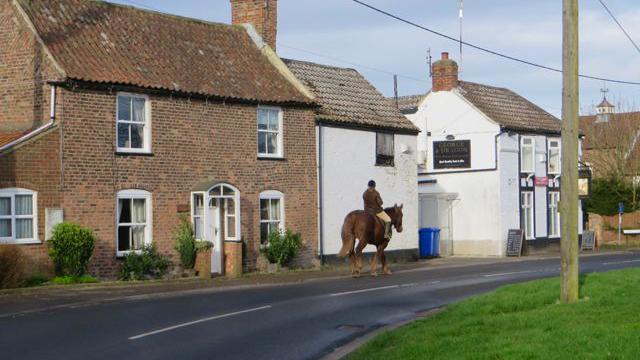
Holmpton remains a quiet, rural village
In the summer of 1537, perhaps because of her fear of retribution from the authorities, Isobel hired Mabel to perform the black fast.
"It's a possibility that what prompted Isobel to do this was fear for her husband," Carol says.
Certainly, while Mabel and Isobel claimed the fast was a "charitable" act, in order to find the lost money, others saw things differently.
At the time, Mabel was working as a domestic servant for John Lokkar and his wife Agnes.
It was the Lokkars who claimed the fast was an attempt to kill the king and the duke. Mabel and Isobel were arrested.
But the Lokkars may have had an ulterior motive for denouncing the women.
John had been involved in a dispute with Isobel's husband, William, over a loan of money to buy some cows.
"There's a feeling that there's a personal grudge here," says Carol. "That Lokkar wanted to get back at Buck.
"We don't actually know if Mabel was a completely naive patsy who was just used by everyone else.
"It seems from her own evidence that she was genuinely attempting to kill the king and the duke, but we'll never know any more than was written [by the authorities].
"Perhaps she was a little bit simple and didn't realise she was being used by people."
The two women were found guilty of treason and Mabel paid with her life. Isobel, however, escaped the noose.
"I have the feeling that's because she had a little money and she wasn't averse to bribing people – which is on the record – that's how she got away with it."
Catch up on all episodes from the BBC's Hidden East Yorkshire podcast on BBC Sounds.
Listen to highlights from Hull and East Yorkshire on BBC Sounds, watch the latest episode of Look North or tell us about a story you think we should be covering here, external.
Download the BBC News app from the App Store, external for iPhone and iPad or Google Play, external for Android devices
- Published30 March

- Published25 July 2024
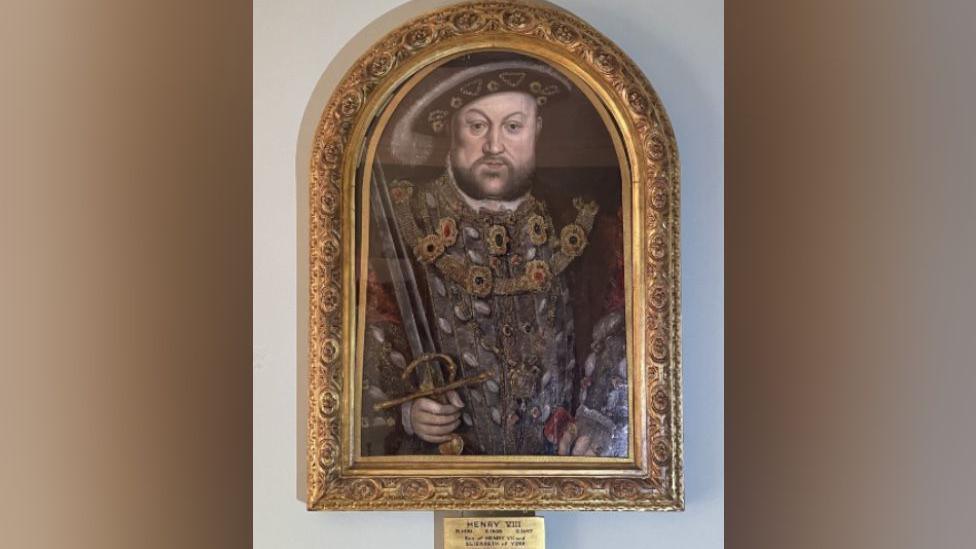
- Published31 October 2024
